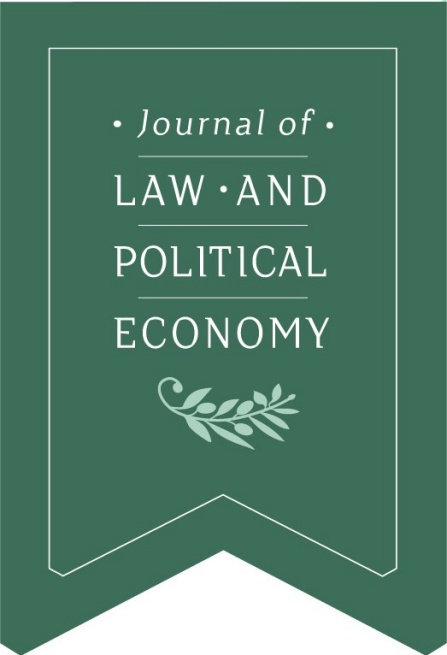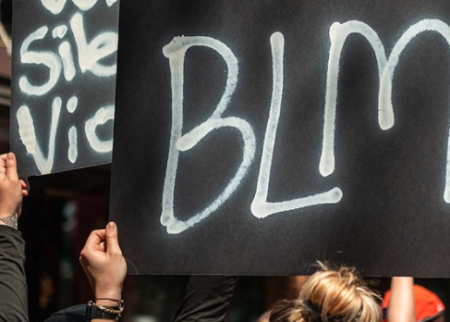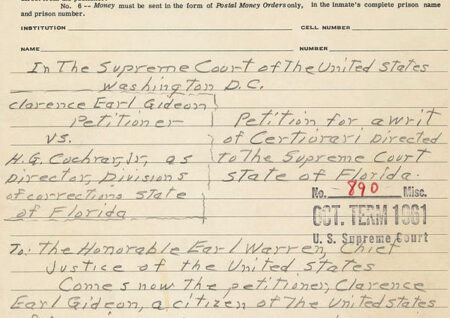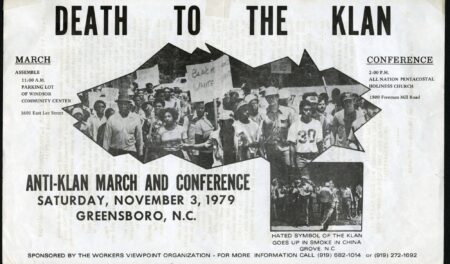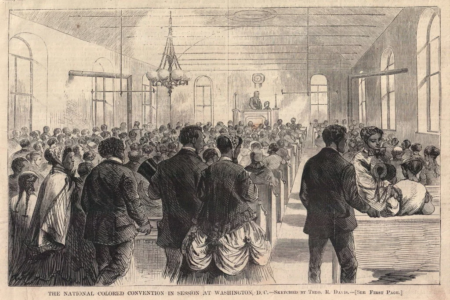
The Carceral Conjuncture in Central Appalachia
As a result of jail and prison expansion in Eastern Kentucky, the region has become a center of gravity in the fight over the future of the carceral state. To understand this carceral boom, we need to appreciate how multiple crises have converged in Eastern Kentucky to produce a historical moment – a conjuncture – in which prisons and jails serve as putative solutions to a variety of social and economic problems.



